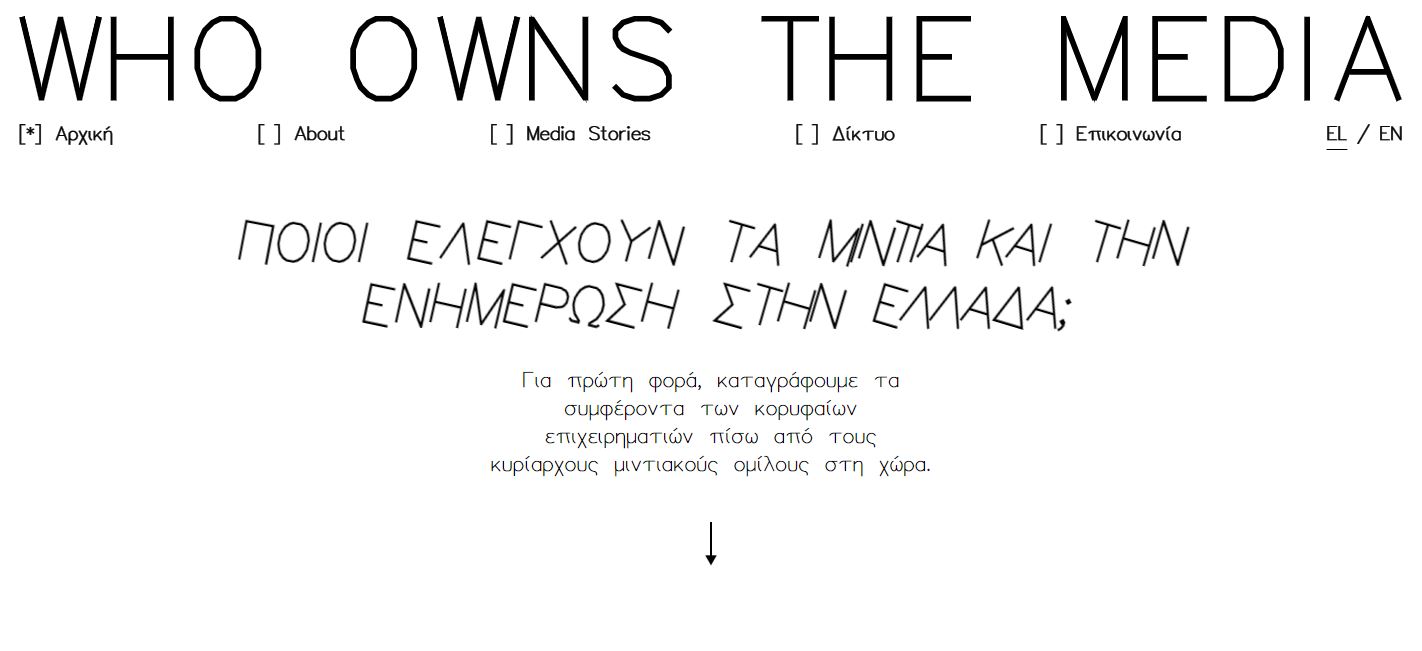
Among the figures examined are prominent businessmen such as Giannis and Themistocles Alafouzos, Vardis Vardinogiannis, Dimitris Giannakopoulos, Vangelis Marinakis, and Ivan Savvidis. Solomon’s investigation mapped the ownership networks of nearly 800 companies linked to these oligarchs, revealing a tripartite system where media, sports, and shipping interests merge, forming an interconnected web of influence over Greek public life.
The investigation highlights the blurred lines between private business interests and media control, a situation that has raised serious concerns among international watchdogs. According to the report, many large media groups have long operated without transparent ownership structures, allowing newly established outlets to secure government advertising and public contracts while hiding the identities of their true owners. This opacity in media ownership leaves the public in the dark about who controls the narratives presented to them.
One striking example is the ownership structure of Alpha TV. Officially, the channel is owned by Alpha Satellite Television Anonymous Company, with shares distributed among three companies. Tracing the ownership, however, leads to the Vardinogiannis family, a powerful dynasty with extensive holdings in Greece’s oil industry. Solomon’s report emphasises the need to expose these connections, as understanding who controls the media is crucial for holding power to account.
“The mission of journalism is to illuminate the social, economic, and political life of a country,” the report states. “In Greece, the lack of transparency in media ownership creates a significant gap in the public’s understanding of who shapes the information they receive and why.”
The findings echo concerns raised by international organisations, including the European Federation of Journalists and Reporters Without Borders. In their joint report, “Controlling the Message: The challenges for independent journalism in Greece,” they criticised the dominance of media by oligarchs with vested interests in various economic sectors. According to the report, this concentration has severely limited media pluralism, with the interests of powerful owners often aligned with those of the government, making dissenting voices increasingly rare.
The European Parliament has also condemned the situation, stating in a recent resolution that media pluralism in Greece is under threat, with a small number of oligarchs controlling much of the country’s media landscape, contributing to the decline of independent reporting and leaving key issues unaddressed.
For more on this investigation, visit Solomon’s special platform: whoownsthemedia.gr.
______________________________________________
Are you seeking news from Greece presented from a progressive, non-mainstream perspective? Subscribe monthly or annually to support TPP International in delivering independent reporting in English. Don’t let Greek progressive voices fade.
Make sure to reference “TPP International” and your order number as the reason for payment.